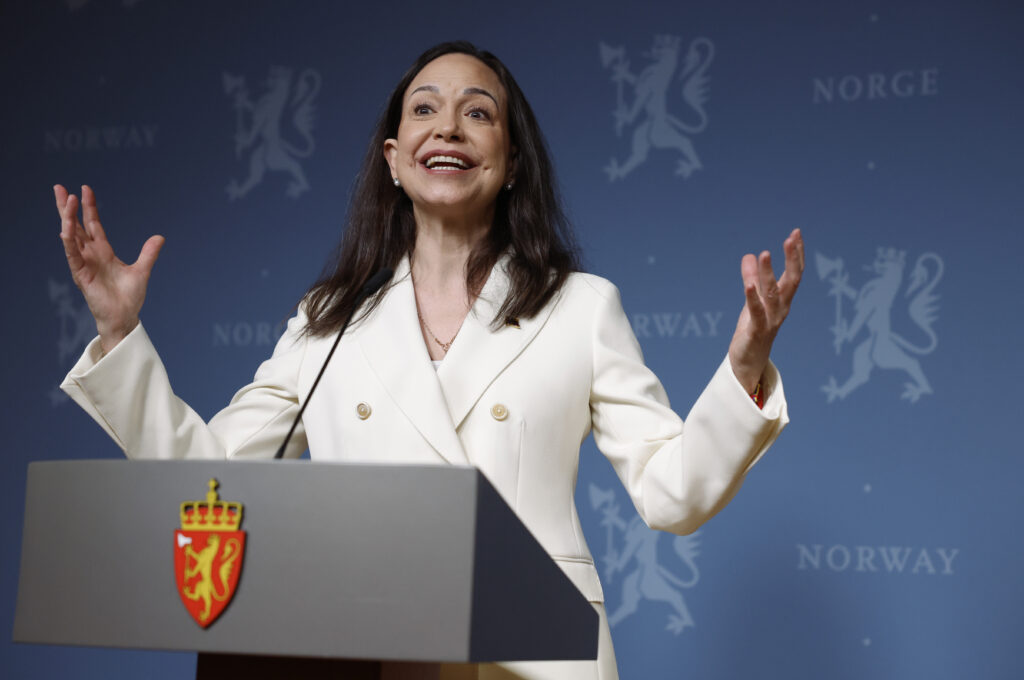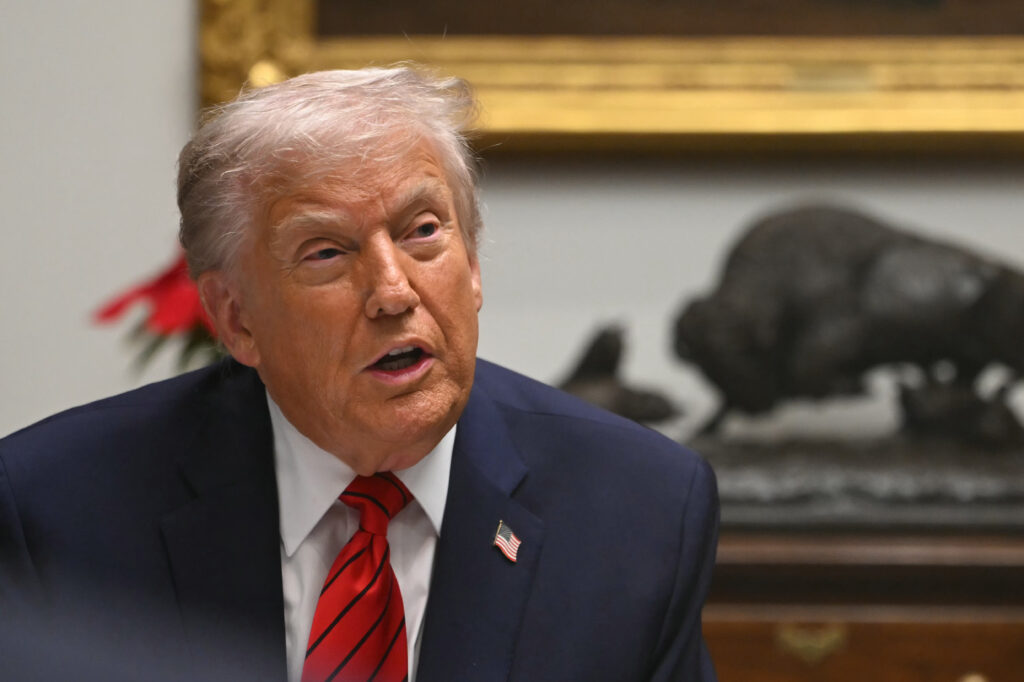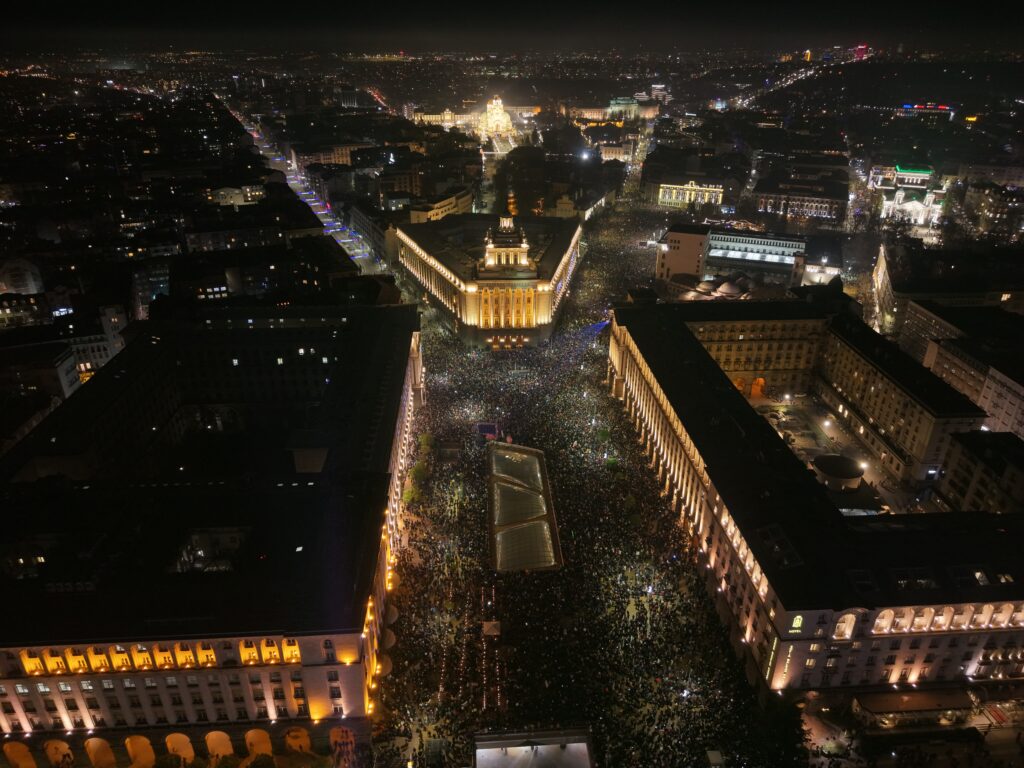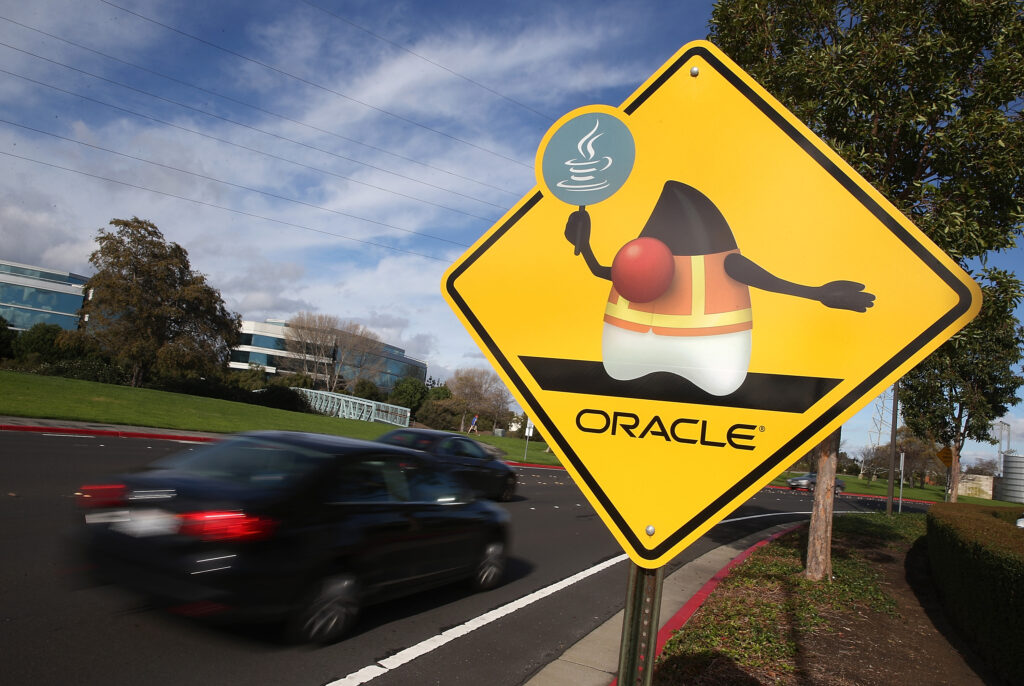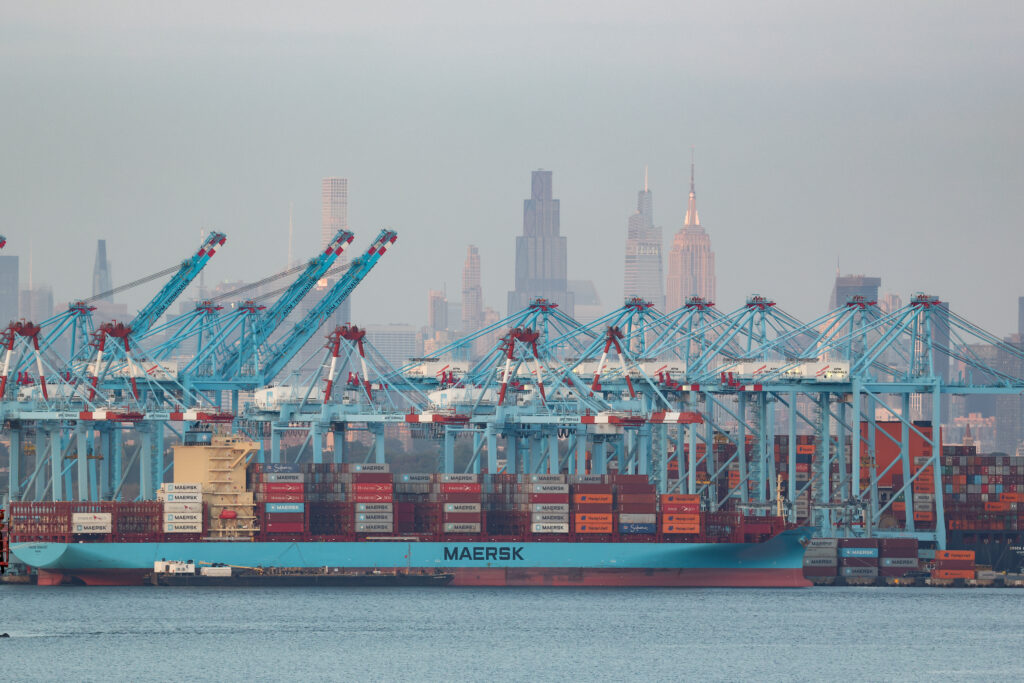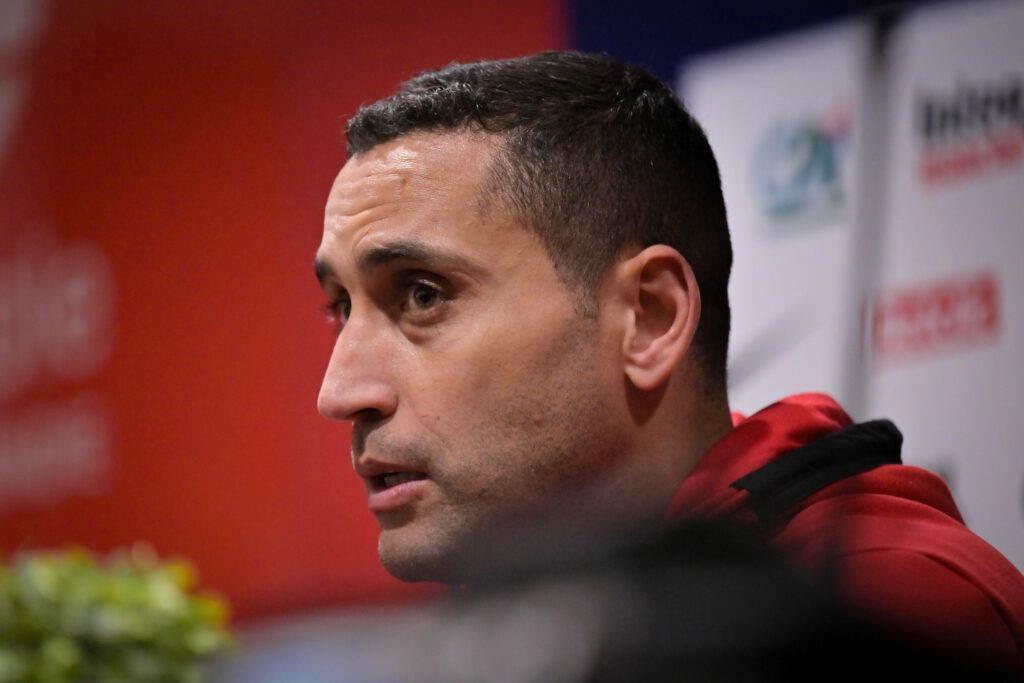Nommé jeudi nouvel entraîneur du FC Nantes en remplacement de Luis Castro, limogé, Ahmed Kantari se voit confier, à 40 ans, la délicate mission de redresser un club dysfonctionnel pour sa première expérience à la tête d’une équipe de Ligue 1.Formé au Paris SG, avant de faire carrière à Strasbourg, Brest, Lens et Valenciennes, avec une escale d’une saison à Toronto, au Canada, l’ancien défenseur central connaît bien la maison jaune et verte.L’an passé, quand le président Waldemar Kita avait renoncé in extremis à se séparer d’Antoine Kombouaré peu avant la trêve, Kantari avait intégré le staff du Kanak pour la phase retour. Une fin de saison extrêmement laborieuse sur le plan du jeu et des résultats mais où Nantes s’était sauvé à la dernière journée.”Ahmed Kantari connaît bien l’institution et une partie du groupe professionnel”, a d’ailleurs souligné dans un communiqué le club, qui y voit “un atout pour rapidement trouver les clés de la relance”.C’est effectivement l’atout principal du technicien encore relativement inexpérimenté à ce niveau, tout comme l’était son prédécesseur Luis Castro, arrivé l’été dernier de Dunkerque, en Ligue 2, et qui n’a jamais pris la mesure du poste.International marocain (15 sélections), Kantari intègre dès la fin de sa carrière de joueur, en 2019, le staff de Valenciennes, comme adjoint de Reginald Ray, puis d’Olivier Guégan.- Nantes au fond du sceau -Après avoir appuyé Sabri Lamouchi pendant deux mois à Nottingham Forest, puis au Qatar, il revient à Valenciennes, où officie encore Guégan.Début décembre 2023, alors que le VAFC est bon dernier de L2, il est nommé entraîneur par intérim. Le club ne décollera jamais de sa dernière place mais atteindra tout de même les demi-finales de la Coupe de France, battu par Lyon (3-0).Kantari poursuit l’aventure en National jusqu’à fin novembre 2024, quand il est limogé à son tour.Un temps envisagé comme successeur possible de Kombouaré, les Canaris lui préfèrent finalement Castro, auréolé d’une saison remarquable avec Dunkerque – 4e de Ligue 2 et demi-finale de Coupe de France – et un jeu séduisant qui ne sera jamais vraiment mis en place à Nantes.Consultant pour la chaîne Ligue 1+ depuis le début de la saison, Kantari a donc accepté de relever un défi qui semble presque perdu d’avance, au vu de l’historique du FC Nantes avec ses entraîneurs.Plombé par un recrutement raté cet été et l’échec de la “greffe” Castro, Nantes affiche un jeu en lambeaux et une attaque faiblarde qui l’ont amené à son pire bilan après 15 journées depuis l’arrivée des Kita, en 2007, avec 11 points seulement et deux victoires au compteur en 15 journées.- Angers, l’anti-Nantes -Il connaîtra son premier match sur le banc en tant qu’entraîneur principal en Ligue 1 vendredi, à Angers, un club qui, malgré un budget moitié moindre que celui de Nantes – même après le passage de 80 à 50 millions d’euros cette année chez ces derniers -, “caracole” à la 11e place, avec déjà 19 unités au compteur.Avec un entraîneur respecté et soutenu par sa direction, Alexandre Dujeux, un jeu simple mais bien maîtrisé et un groupe soudé capable de rivaliser avec n’importe quelle équipe, même en fin de match, le SCO, qui a empilé trois victoires lors des quatre dernières journées, est l’inverse de Nantes pour l’heure.Mais Kantari pourra s’appuyer sur quelques joueurs de qualité dans l’effectif, et notamment des jeunes très prometteurs, auxquels viendront sans doute s’ajouter cet hiver d’autres renforts que le latéral gauche colombien Deiver Machado, recruté lundi en provenance de Lens.Le nouvel entraîneur n’arrive pas seul: il sera accompagné par Stéphane Mangione, qui était son adjoint à Valenciennes, et par Eric Blahic qui a été l’adjoint de nombreux entraîneurs de Ligue 1 et Ligue 2, de Francis Smerecki à Jocelyn Gourvennec, entre 1993 et 2019.Armé de tout cela, il a six mois pour éviter à Nantes une relégation à laquelle le club a souvent échappé de justesse ces dernières années.
